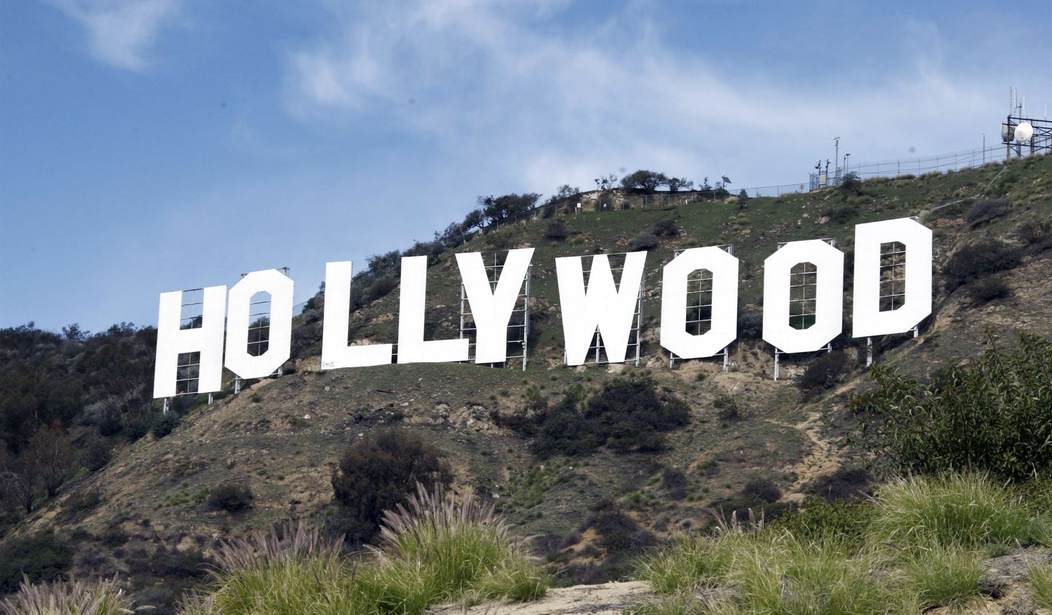For years now, the popular Christmas film Love Actually (2003) has been the subject of woke criticism for its lack of racial diversity and LGBTQ inclusion. There’s been so much criticism that the film’s writer and director, Richard Curtis, seems almost embarrassed by it today.
“There are things that you would change, but thank God society is changing,” he said last month In an interview with ABC’s Diane Sawyer. “My film is bound in some moments to feel out of date. The lack of diversity makes me feel uncomfortable and a bit stupid.”
Curtis is hardly the only creator of an iconic work who has been shamed into bashing his or her own achievement. For years, the hit TV show Friends from the 1990s has been criticized for being “too white.” Earlier this year, Marta Kauffman, one of the show’s co-creators, blamed the lack of diversity in the show on her internalized systemic racism and virtue-signaled her shame by making a $4 million donation to her alma mater, Brandeis University, to set up an endowed professorship in the African and African American studies department. Of course, one of the show’s stars, Lisa Kudrow, also suggested that it was a good thing that there weren’t black stars because the show’s white creators couldn’t authentically write black characters anyway. So, basically, you’re damned if you don’t and damned if you do.
Our increasingly woke society is causing the entertainment industry to feel shame for making movies that either aren’t diverse enough, aren’t gay enough, or merely accurately reflect the societal mores of the time. These days, it’s hard not to watch a movie or television show that’s more than 30, 20, 10, or even five years old without thinking that some plot line or dialogue “couldn’t be done today.”
It’s incredibly sad—and the problem is getting worse. I recently discovered that the gay rights group GLAAD has an annual report card tracking LGBTQ representation in films called the Studio Responsibility Index. It tracks not only the quantity of representation in films distributed by Lionsgate, Paramount Pictures, Sony Pictures, United Artists Releasing, Universal Pictures, Walt Disney Studios, and Warner Bros. but also the “quality and diversity” of that representation—because you can only have black transgender characters if they’re not a villain, I guess.
I could recap the finding of this year’s Studio Responsibility Index, its 10th annual report card, but I don’t care, nor should you. The purpose of GLAAD’s list is to shame Hollywood to increase the representation of LGBTQ characters. They don’t even deny it.
“After a decade of this report, we’ve seen exponential growth in LGBTQ representation in film driven by our study. Yet there still remains so much work to be done in Hollywood,” explains Megan Townsend, GLAAD’s director of entertainment research and analysis. “There are so many parts of our community — bisexual+ people, those living with HIV, LGBTQ characters with disabilities and transgender people, to name a few — that have yet to see themselves fully reflected on the big screen. As we look to the next ten years, these stories must become a priority if studios want younger and more diverse generations to continue to support and engage with their storytelling.”
I wonder if GLAAD would flag Kindergarten Cop (1990) as being non-inclusive because of the iconic scene featuring a young boy in Arnold Schwarzenegger’s class who tells him, “Boys have a penis. Girls have a vagina.”
But I digress. It’s curious how at the same the industry is being shamed into increasing the representation of every hyperspecific group—like HIV-positive, biracial, transgender people with disabilities who live on cul-de-sacs and drive hybrids—yet also insists that such characters can’t be authentic unless written by someone in that group. So, ultimately, the real goal of this pressure campaign is to put more LGBTQ people in charge of writing and making films that, inevitably, no one will want to watch. Remember that gay rom-com Bros that no one went to see?
I’m increasingly convinced that truly great films are a thing of the past.










